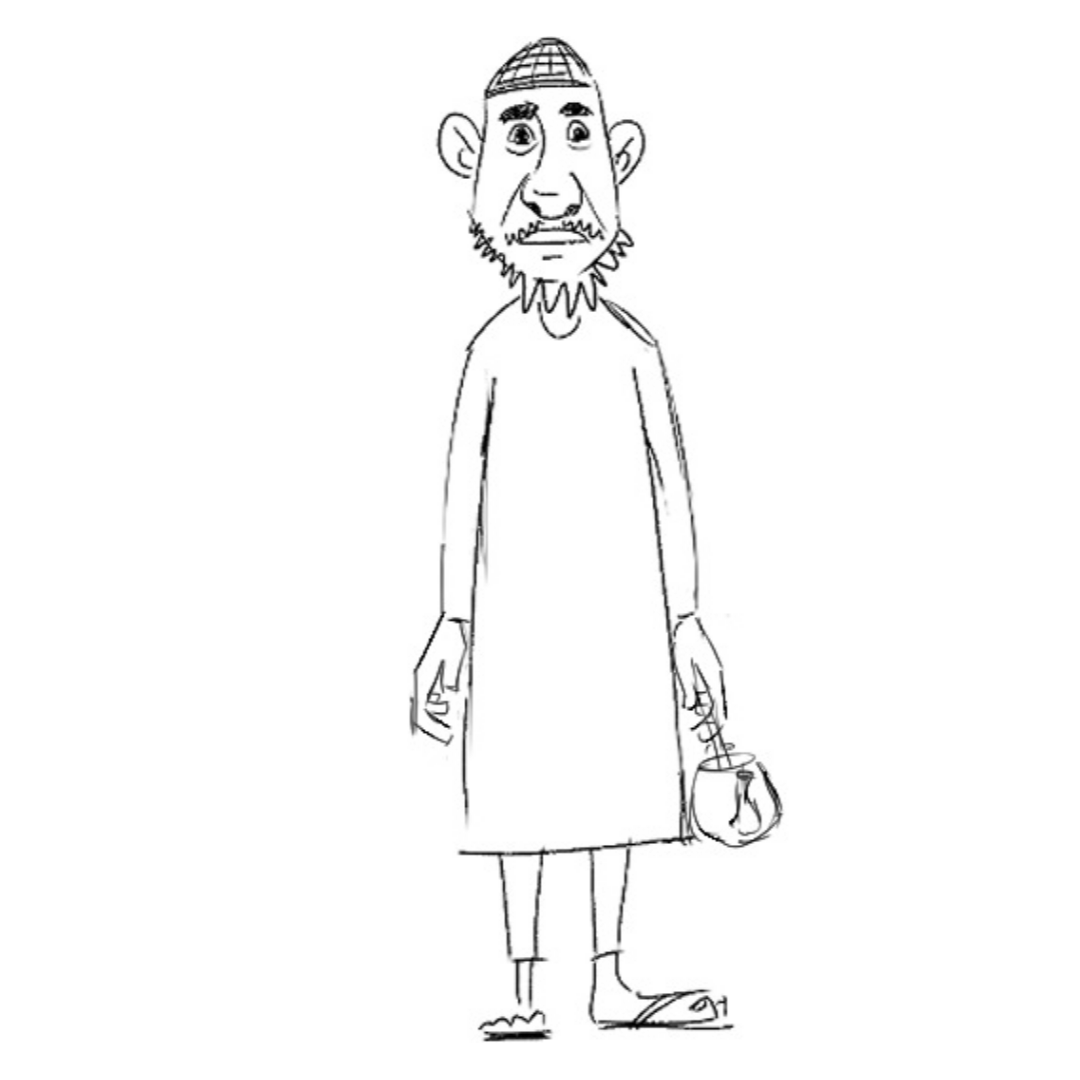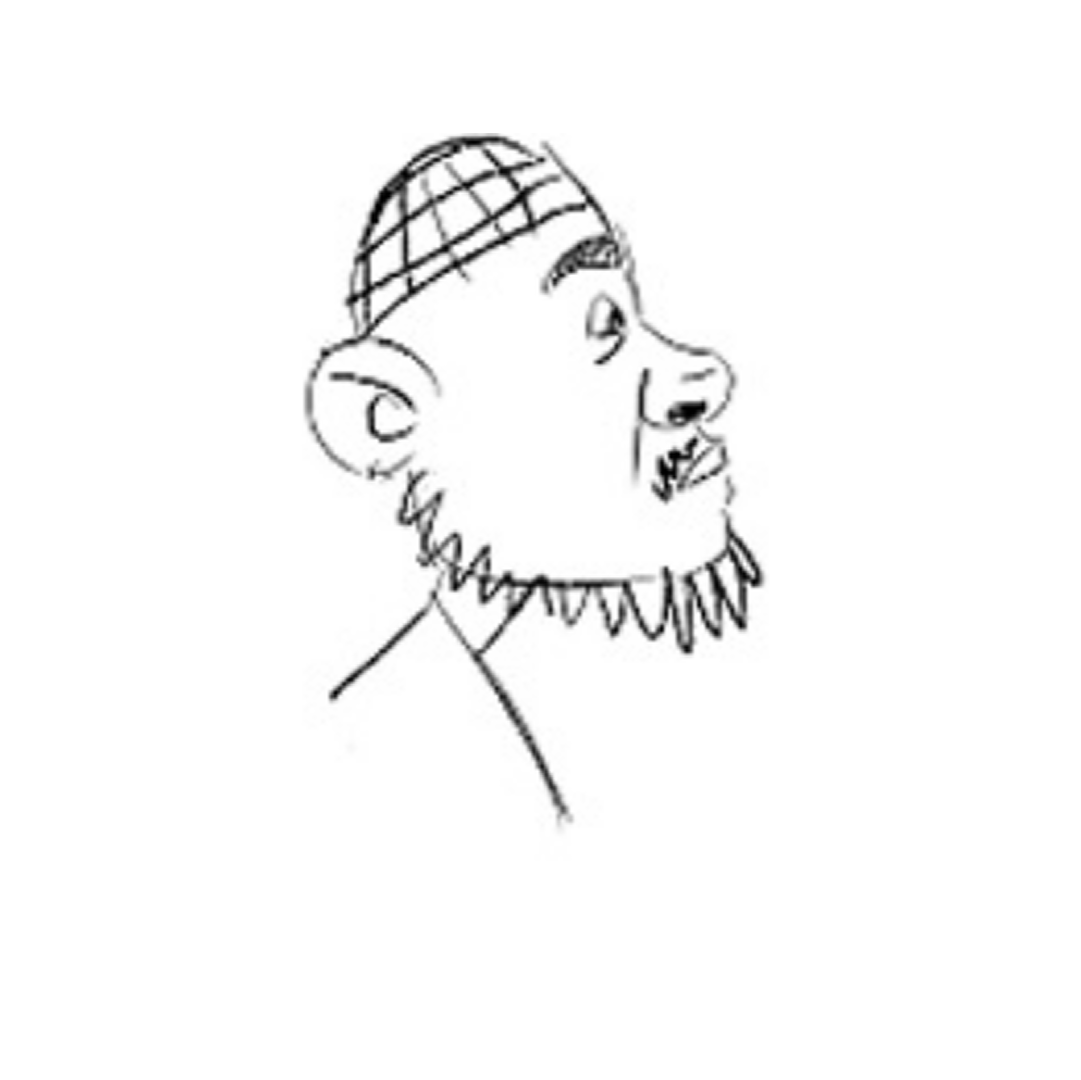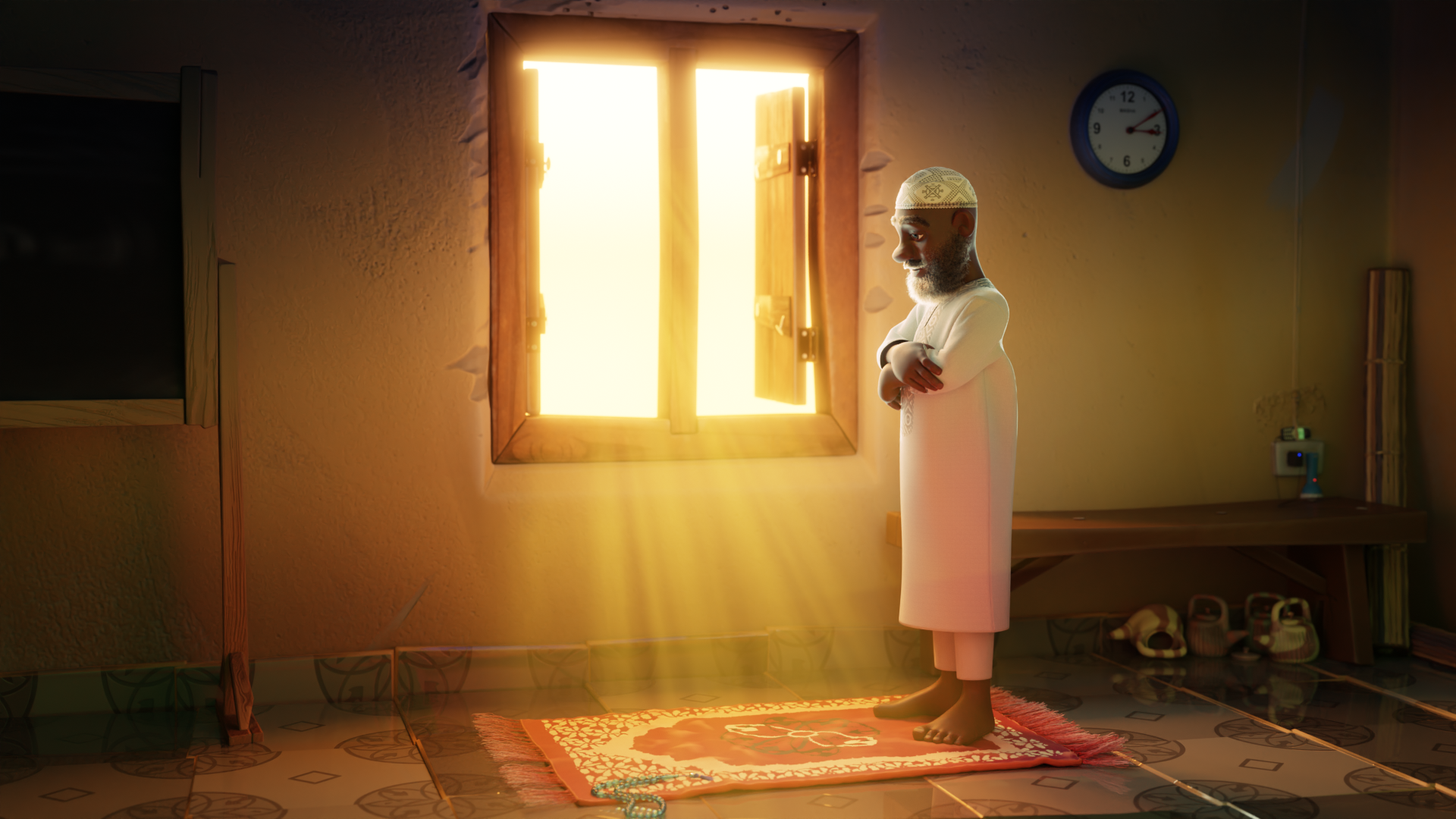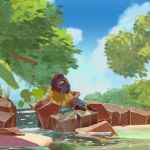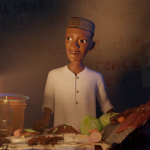alfa abu
2024
Prayer is more than just a daily ritual
the story
Islam is built on five pillars, and one of its most fundamental practices is Solat, the five daily prayers. These prayers serve as a direct link between Muslims and Allah, offering moments of reflection, gratitude, and spiritual discipline.
Each prayer is performed at specific times of the day—Fajr (dawn), Dhuhr (midday), Asr (afternoon), Maghrib (sunset), and Isha (night). Muslims begin each prayer with ablution (wudu), cleansing themselves physically and spiritually before standing in devotion. Facing the Kaaba in Mecca, they recite verses from the Qur’an, bow, and prostrate in humility.
Prayer is more than a ritual; it’s a way of life. It instills discipline, patience, and a constant reminder of faith. Whether in the quiet of a home or the congregation of a mosque, Salah unites Muslims across the world in a rhythm of devotion that transcends borders and cultures.
alfa abu
Alfa Abu is a respected elder in the community, known for his wisdom and deep devotion to his faith. With his neatly groomed beard and ever-present prayer beads, he carries a calm aura that draws people to him. Whether offering advice to young men at the Mai Shai spot or leading prayers at the local mosque, Alfa Abu embodies patience, humility, and tradition.
He starts his day before dawn, waking to the call of Fajr prayer, setting an example for others in his neighborhood. His knowledge of the Qur’an and Islamic teachings makes him a go-to figure for spiritual guidance and everyday wisdom. Despite his stern appearance, he has a warm heart, always ready to share a story.
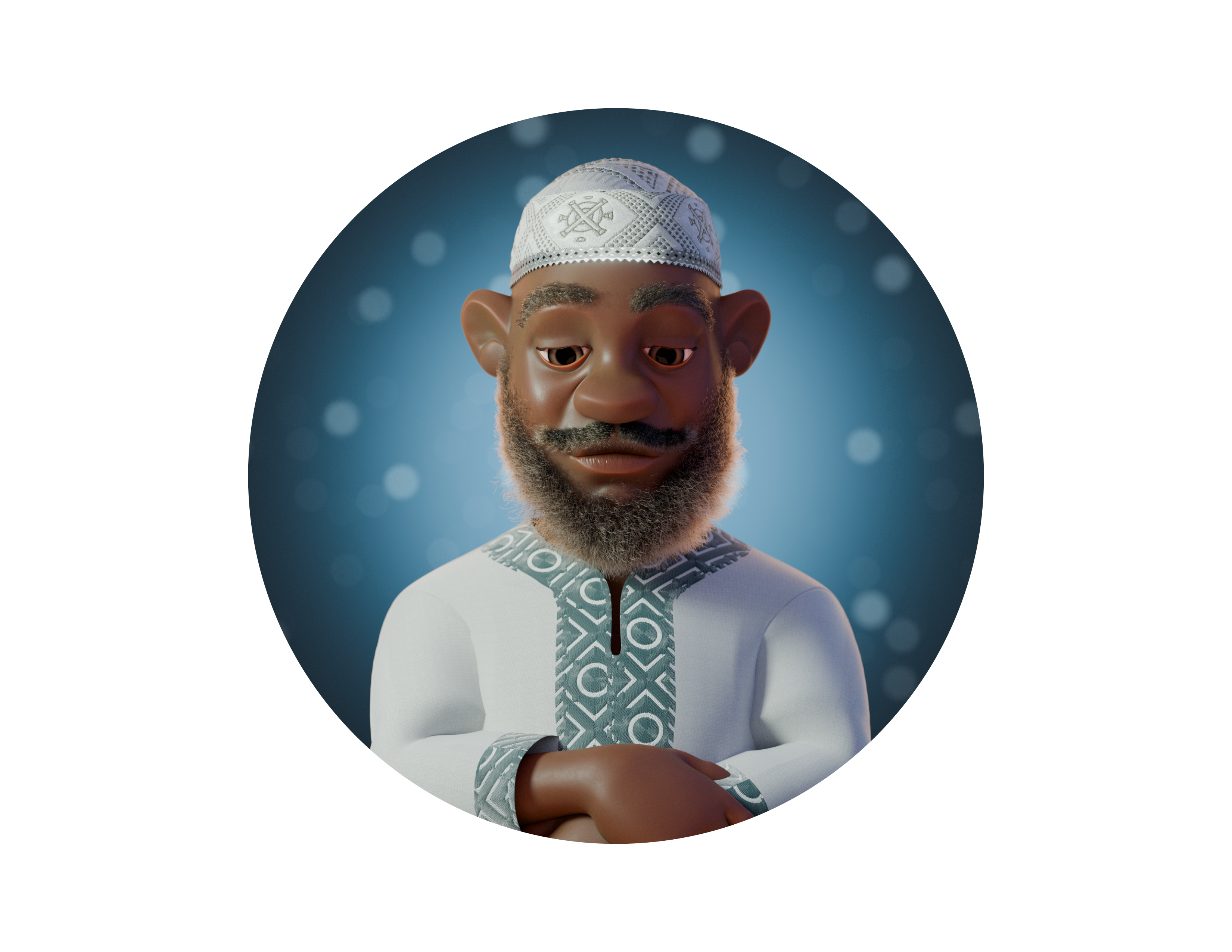
the mosque
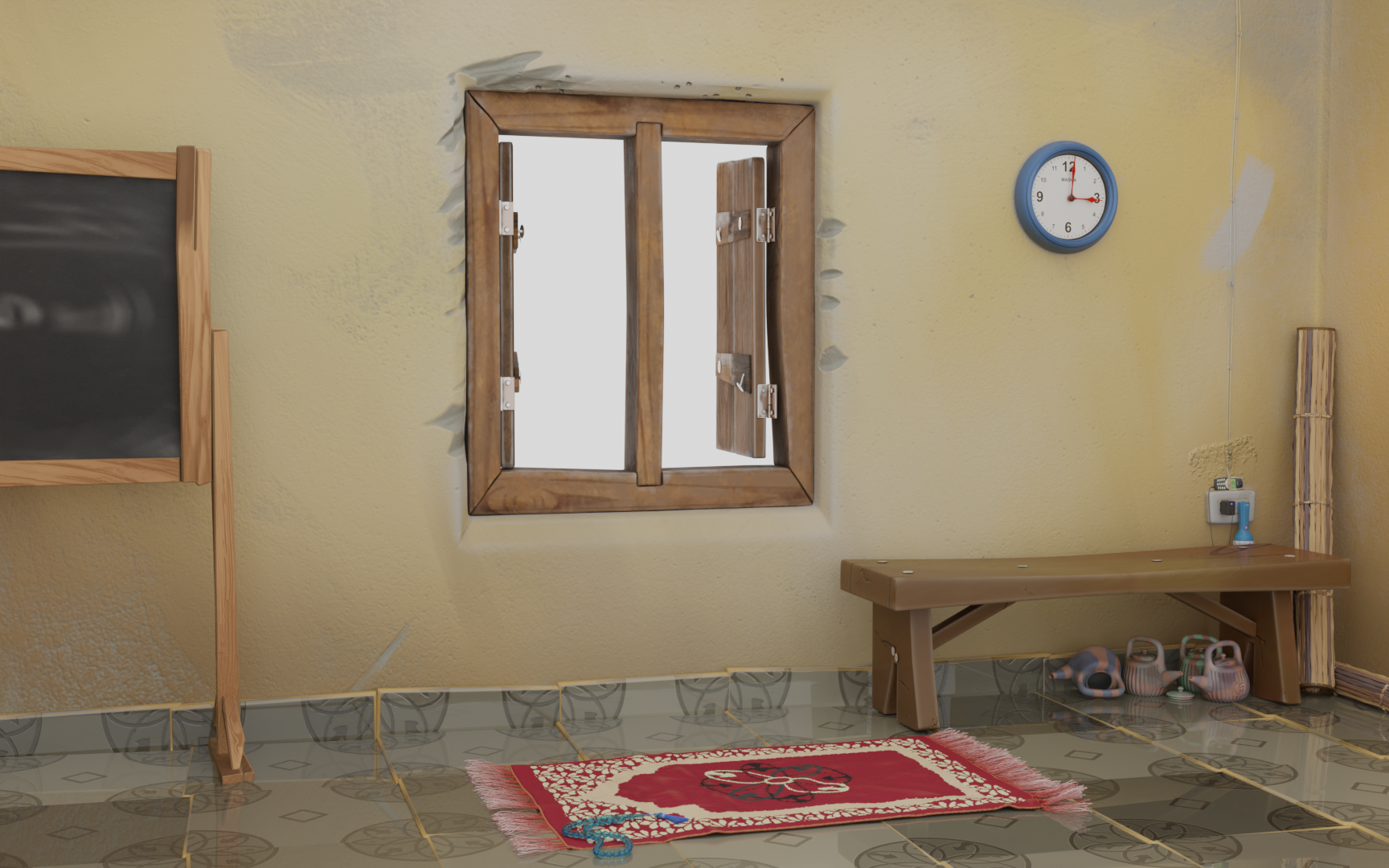
the local mosque, also known as ile kewu (Madrasa), serves as a religious learning center where children and teenagers gather to study the Holy Qur’an. While its primary purpose is spiritual and educational, ile kewu carries a reputation that sends a shiver down the spine of many young learners. the fear isn’t just about forgetting a verse, it’s about the ever-present disciplinary measures that come with incomplete assignments. For Alfa Abu, the mosque is a second home—a place of devotion, guidance, and community. Whether it’s the Friday Jumu’ah prayers that draw large congregations or the quiet moments of solitary supplication, the mosque remains a pillar of strength in the lives of the people. At the mosque, spirituality and practicality go hand in hand. The moment electricity returns, a quiet but determined migration begins—not towards the prayer mats, but straight to the nearest power outlets. Phones, tablets, and even rechargeable lanterns appear out of nowhere. Others lean casually against the walls, nodding along as if in quiet reflection—though the only thing they’re meditating on is their battery percentage. But despite the occasional “corrective measures,” ile kewu remains a cherished part of childhood, where lifelong friendships are formed, Qur’anic knowledge is gained, and every student quickly learns the golden rule: Thou shalt not forget thy recitation
exploration
